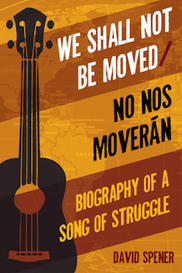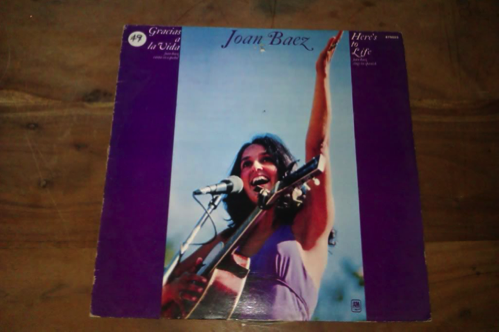Chapter 5. From English in the U.S. South to Spanish in the U.S. Southwest: “We Shall Not Be Moved” Becomes “No nos moverán”
Scroll down for audio, video, images and information to supplement your reading of Chapter 4 of We Shall Not Be Moved/No nos moverán: Biography of a Song of Struggle.
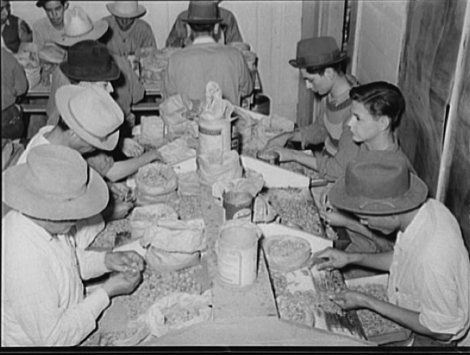
In the 1930s, San Antonio, Texas was the pecan-shelling capital of the world. Pecans were shelled manually by thousands of Mexican workers, who faced brutal working conditions and miserable pay.
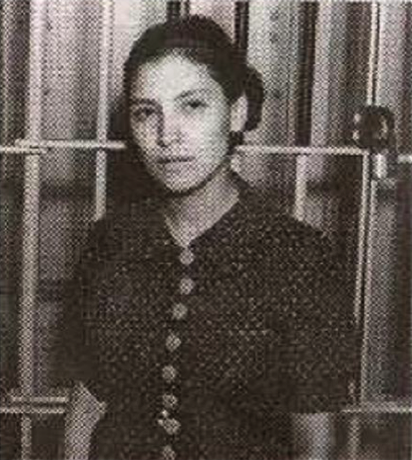
Mexican pecan shellers in San Antonio went out on a wildcat strike in January 1938, led by young a young woman named Emma Tenayuca, whose fierce oratory resulted in her becoming known as “La Pasionaria de Texas.” Tenayuca was jailed with hundreds of other strikers by the San Antonio sheriff. Strikers spontaneously performed the first Spanish-language version of “We Shall Not Be Moved” in the San Antonio jail that year, as discussed by the union organizer George Lambert in a 1971 interview with historian George Green.
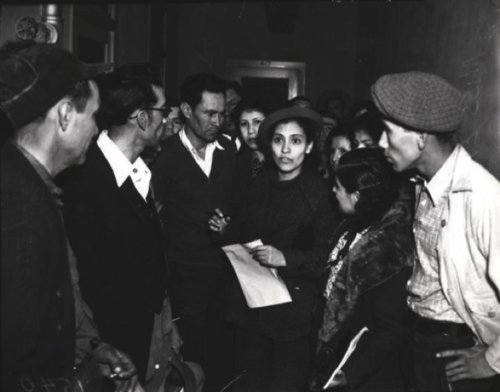
Tenayuca meets with strikers in San Antonio.
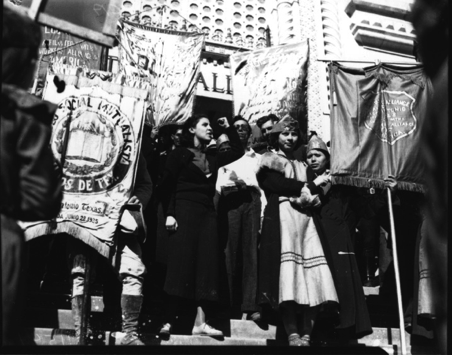
Strikers with Tenayuca in front of the San Antonio city hall. Although “We Shall Not Be Moved” would not be sung again in Spanish until the 1960s, the song remains associated with Tenayuca’s legacy and was sung at her rosary following her death in 1999.

Striking pecan-shellers gathered in a San Antonio park in 1938.

The United Farm Worker’s union (UFW), most of whose members were Mexican or of Mexican ancestry, was led by the charismatic César Chávez.
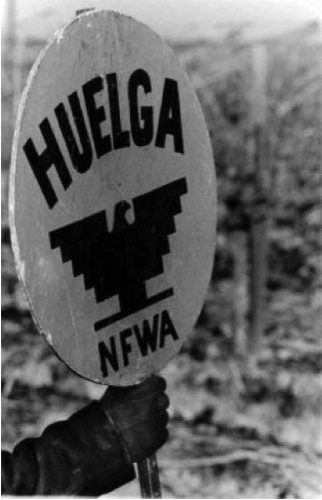
Farm worker strikes in California in the 1960s were an inspiration to the growing Chicano civil rights movement around the United States.
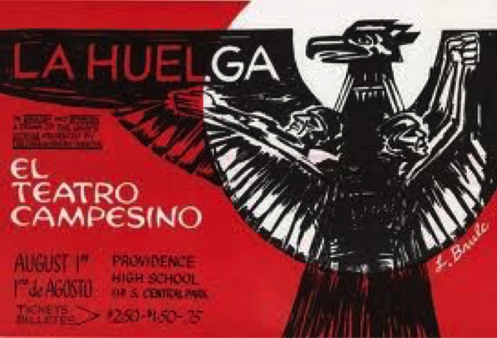
El Teatro Campesino was the UFW’s cultural arm. Two of the Teatro’s founders, Luis Valdéz and Agustín Lira translated “We Shall Not Be Moved” into “No nos moverán,” which became one of the most important anthems in the farm worker and broader Chicano movements.
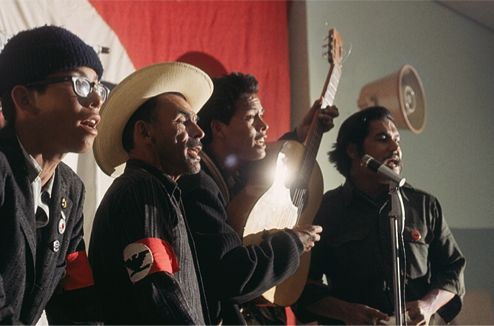
Aguistín Lira (with guitar) and Luis Valdéz (far right) singing with Teatro Campesino.
The LP album Rolas de Aztlán: Songs of the Chicano Movement contains a recording of La Rondalla Amerindia de Aztlán singing the version of “No nos moverán" popularized by El Teatro Campesino.
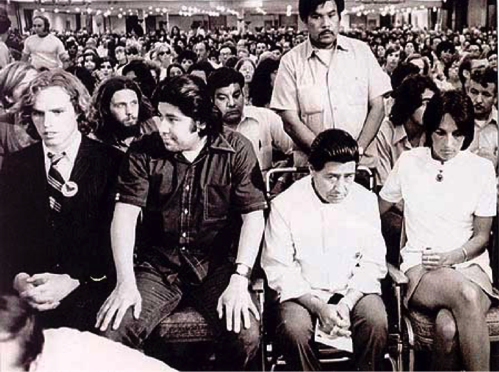
The famous Chicana singer Joan Baez was an important ally of the United Farm Workers. Here she is sitting with César Chávez in Arizona as he is about to break one of his legendary fasts.
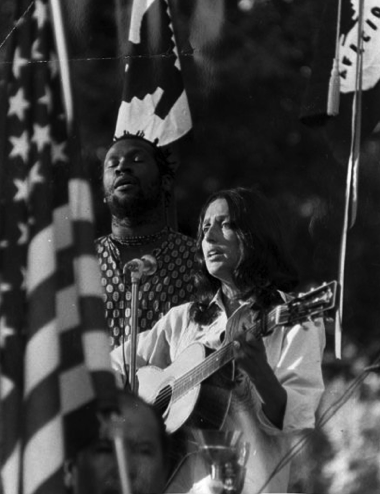
Baez singing at the funeral of a UFW activist in California.
Baez’s 1974 Spanish-language album, Gracias a la vida, included the UFW version of “No nos moverán,” prefaced by her reading excerpts from “Las alturas de Machu Picchu” by Chile’s Nobel Prize-winning poet Pablo Neruda. Click on the image to listen to Baez's version of "No nos moveran".
Joan Baez singing "No nos moverán" on March 14, 2014, at a concert in Santiago.
Joan Baez singing the song in a second concert in Santiago, Chile on March 15, 2014.
